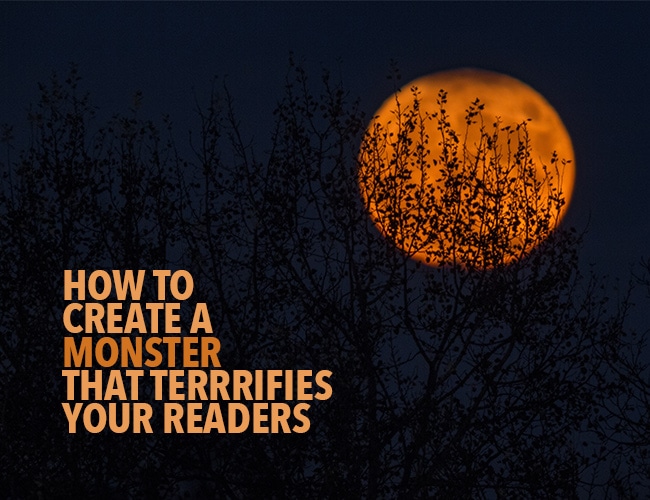
by Sarah Gribble |
Halloween is right around the corner and I know a lot of you will be writing some spine-chilling stories to celebrate. What’s the best part of a creepy story? A monster.
When writing monsters, you could rely on the tried-and-true vampires, zombies, and giant, man-killing spiders. There’s nothing wrong with adding to the monster canon, but it does get a little boring after a while. It’s often better to make up your own monster. But how?
Decades have been spent honing the standard wants and abilities of vampires and zombies. How can you make a monster just as good in a much shorter time frame?
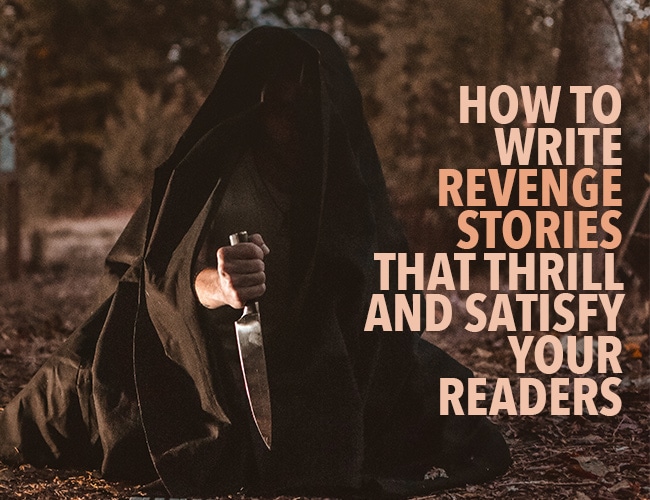
by Joslyn Chase |
A heinous murder. A jilted lover. An angry hero determined to get justice. Revenge stories are a vital part of the human experience. Let’s take a look at how to write one of your own.
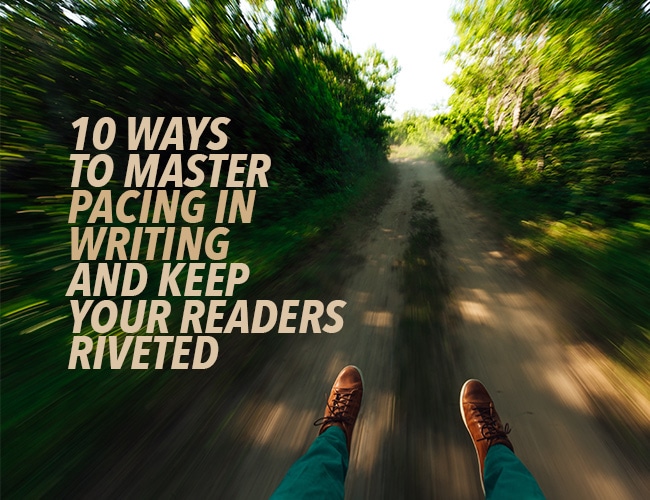
by Joslyn Chase |
If you’ve ever run a marathon, or a 10K, or even a 5K race, you know that pacing is important. If you pour it on at full speed right off the starting line and keep that up without variation, you’ll run out of steam and be unable to finish.
You do the same thing to your reader if you don’t vary the pace. Fast or slow, if you don’t provide some variety for your reader, they won’t finish either. So let’s take a closer look at pacing and how it can help you create a better experience for your readers.
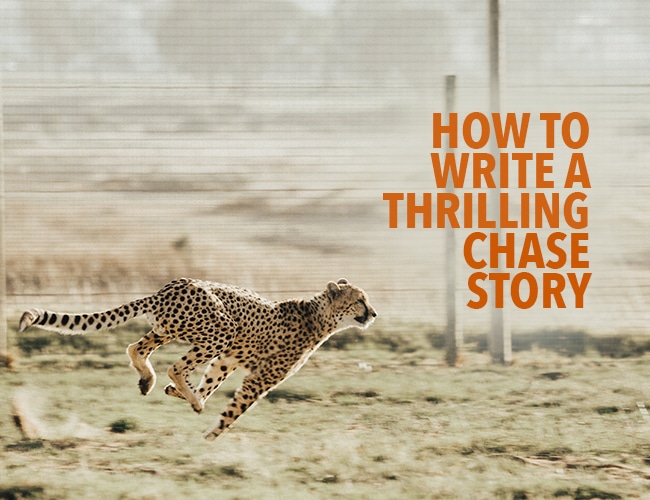
by Joslyn Chase |
Why are games of Hide and Seek or Tag so appealing? I think it’s because they play with our emotions and instincts as hunters and hunted. They stir the elemental embers of our flight response. As an adult, you may not indulge in actual games of tag, but I’ll bet you still love to participate by proxy in the pages of a thrilling book or on the screen.
As a writer, learning to use a chase story, also known as the pursuit plot, will strengthen and diversify your toolbox and may help you create an awesome book.
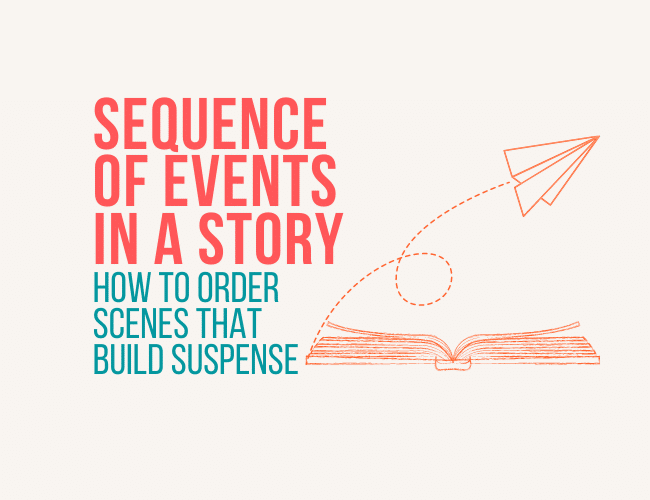
by Joslyn Chase |
Have you ever felt cheated when reading a book? Like the author held back information that would have enhanced your reading experience? Or neglected to include all the relevant details that would have allowed you to solve the mystery? Did the sequence of events in the story feel…off?
Think about this:
What if J.K. Rowling neglected to have Hagrid tell Harry about his parents’ deaths until the end of The Sorcerer’s Stone?
What if the writers of Die Hard had let Hans Gruber discover Holly was John McClane’s wife right up front?
What if Suzanne Collins had forgotten to alert readers to a rule change allowing tributes from the same district to win as a team in The Hunger Games?
Leaving out these vital pieces of information—or putting them in the wrong place—would have robbed these stories of a full measure of suspense. This would have dulled the impact of their final scenes.
As a writer, you never want readers to feel cheated or disappointed by your book. But how can you make sure you include all the relevant pieces of the puzzle, in the right order, to sustain suspense and satisfy your reader?
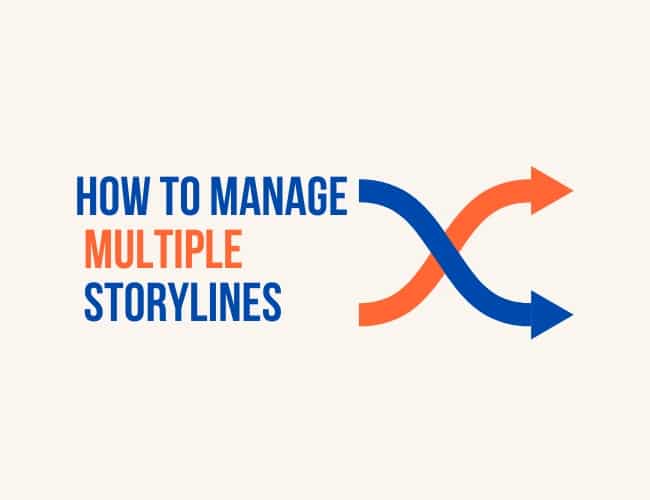
by Liz Bureman and Sue Weems |
Most full length books or films will have multiple storylines, a primary plot and at least one secondary plot that impacts the outcome of the story. But keeping all those storylines straight can be a challenge. What are multiple storylines and how can you manage them to tell a terrific story?









